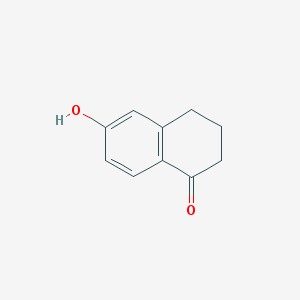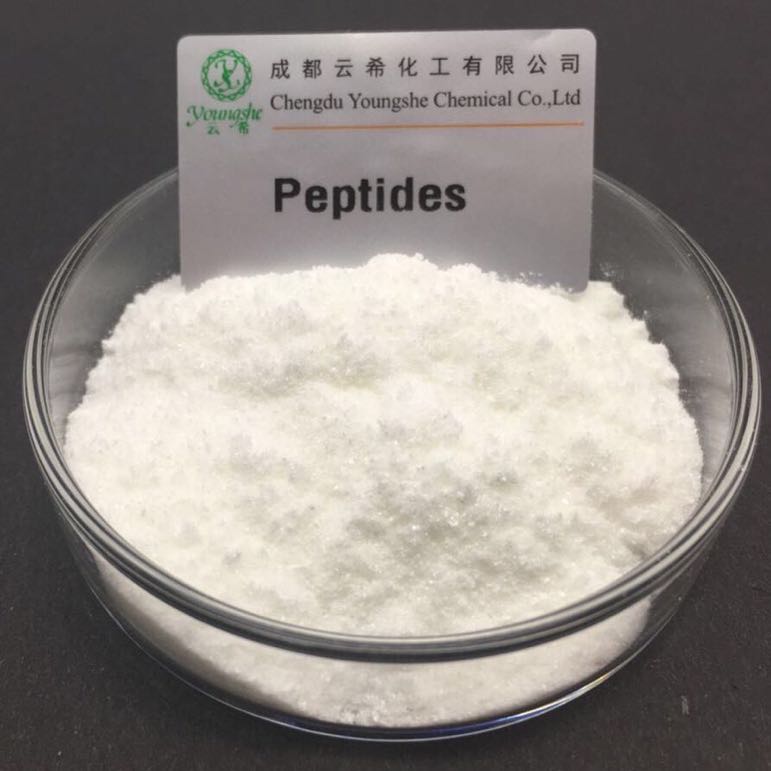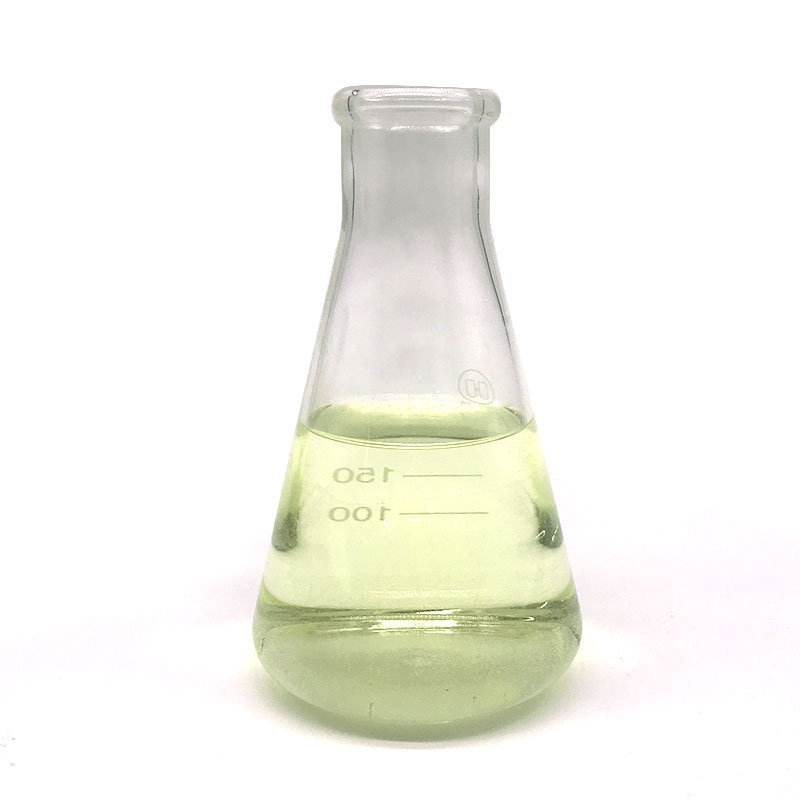-
Categories
-
Pharmaceutical Intermediates
-
Active Pharmaceutical Ingredients
-
Food Additives
- Industrial Coatings
- Agrochemicals
- Dyes and Pigments
- Surfactant
- Flavors and Fragrances
- Chemical Reagents
- Catalyst and Auxiliary
- Natural Products
- Inorganic Chemistry
-
Organic Chemistry
-
Biochemical Engineering
- Analytical Chemistry
- Cosmetic Ingredient
-
Pharmaceutical Intermediates
Promotion
ECHEMI Mall
Wholesale
Weekly Price
Exhibition
News
-
Trade Service
Previous studies have shown that a variety of bacteria colonize human tumors, which can affect the tumor microenvironment, such as causing inflammation or local immunosuppression.
On March 17, researchers from Israel’s Weizmann Institute of Science and other institutions published an article in the journal Nature proving that bacterial protein fragments (bacterial peptides) are presented to the immune system on the surface of tumor cells and are recognized by T cells.
[1]
Tumor antigens enable the immune system to distinguish tumor cells from healthy cells.
Tumor antigens are divided into two categories: tumor-associated antigens and tumor-specific antigens.
Melanoma has three known tumor-associated antigens.
The researchers set out to investigate the bacterial composition of 17 melanoma metastases from 9 patients and found that the bacterial composition in different metastases of the same patient was very similar, and similarities were also found in samples from different patients.
[2]
Next, they further investigated whether the bacterial peptides in these tumor cells were presented to the immune system in the same way as other intracellular antigens.
Researchers continue to explore whether bacterial peptides are presented by melanoma cells, rather than by immune cells called antigen presenting cells (APC).
In summary, the study indicated that bacteria colonizing melanoma can enter melanoma cells, and their peptides can be presented by melanoma HLA-I and HLA-II molecules.
However, there are still some issues that need attention: First, as true tumor antigens, the identified bacterial species should not invade non-tumor tissues, and their peptides should not be presented by the HLA of non-tumor cells.
Finally, because the gut and tumor microbiota can affect the survival of cancer patients and their response to treatment, the findings of this study are particularly relevant, suggesting that the mechanisms involved in antigen presentation may be the basis of these effects.
Reference materials:
Reference materials:[1] Shelly Kalaora et al.
[1] Shelly Kalaora et al.
[2] Deborah Nejman et al.
[3] Bacterial peptides presented on tumour cells could be immunotherapy targets (Source: Nature)







